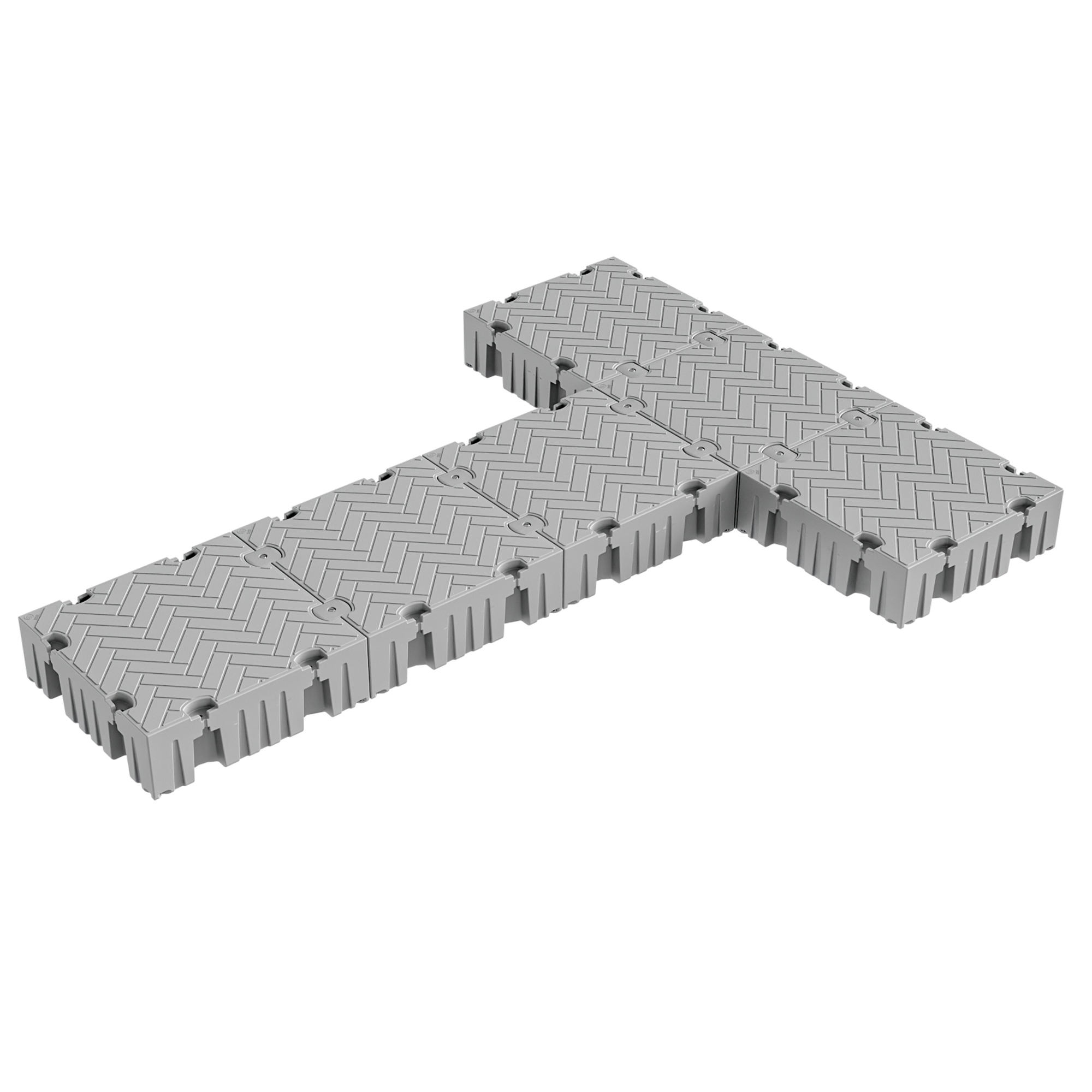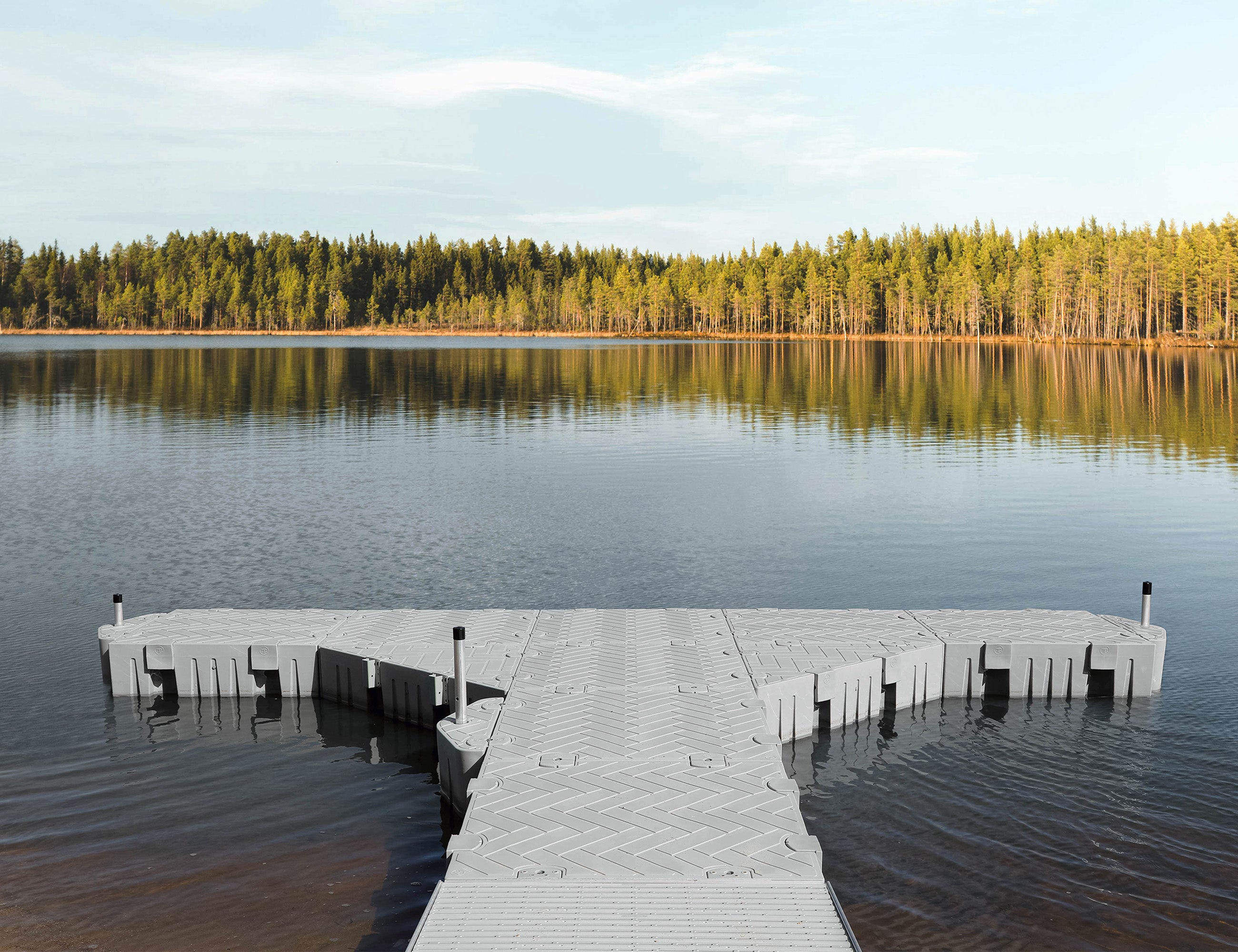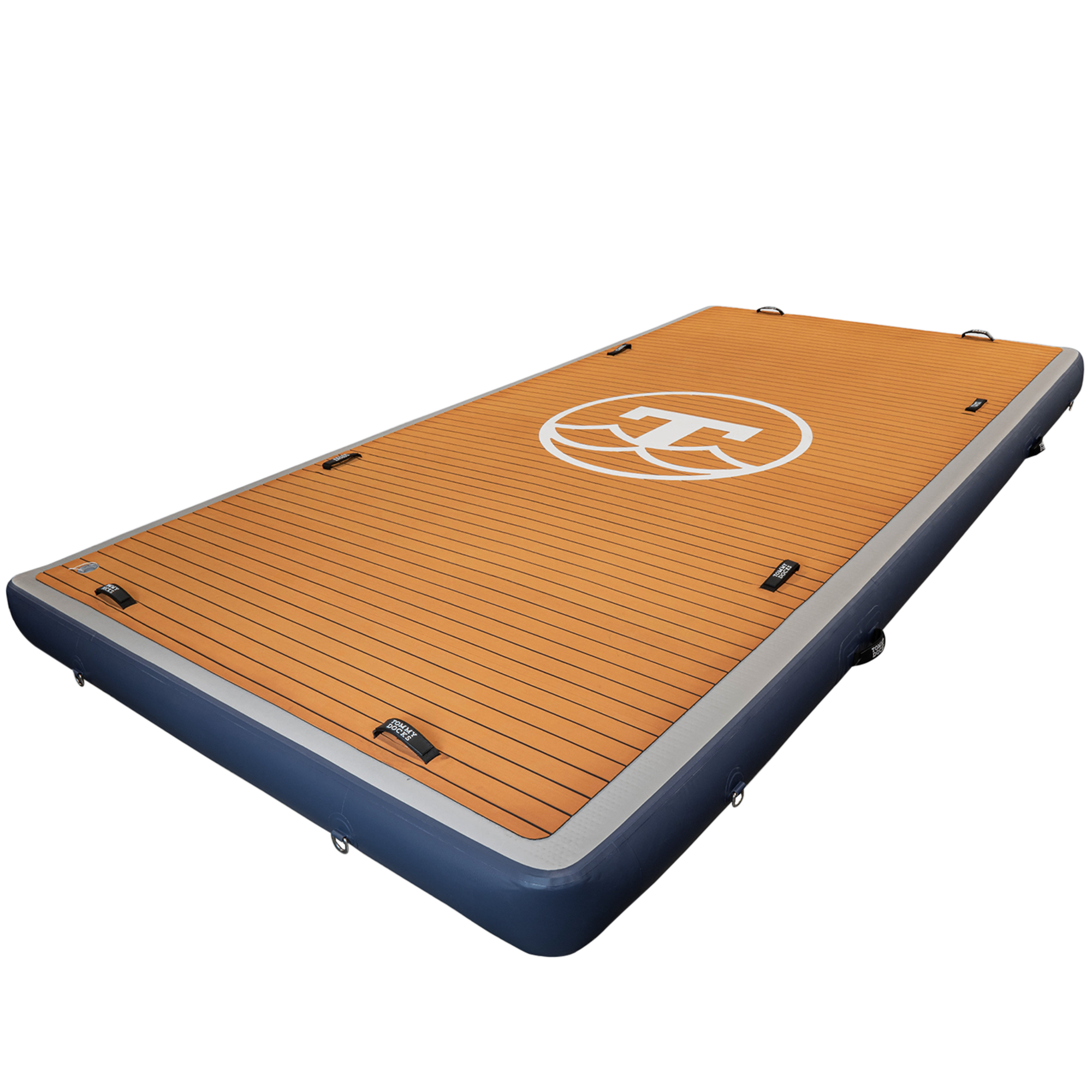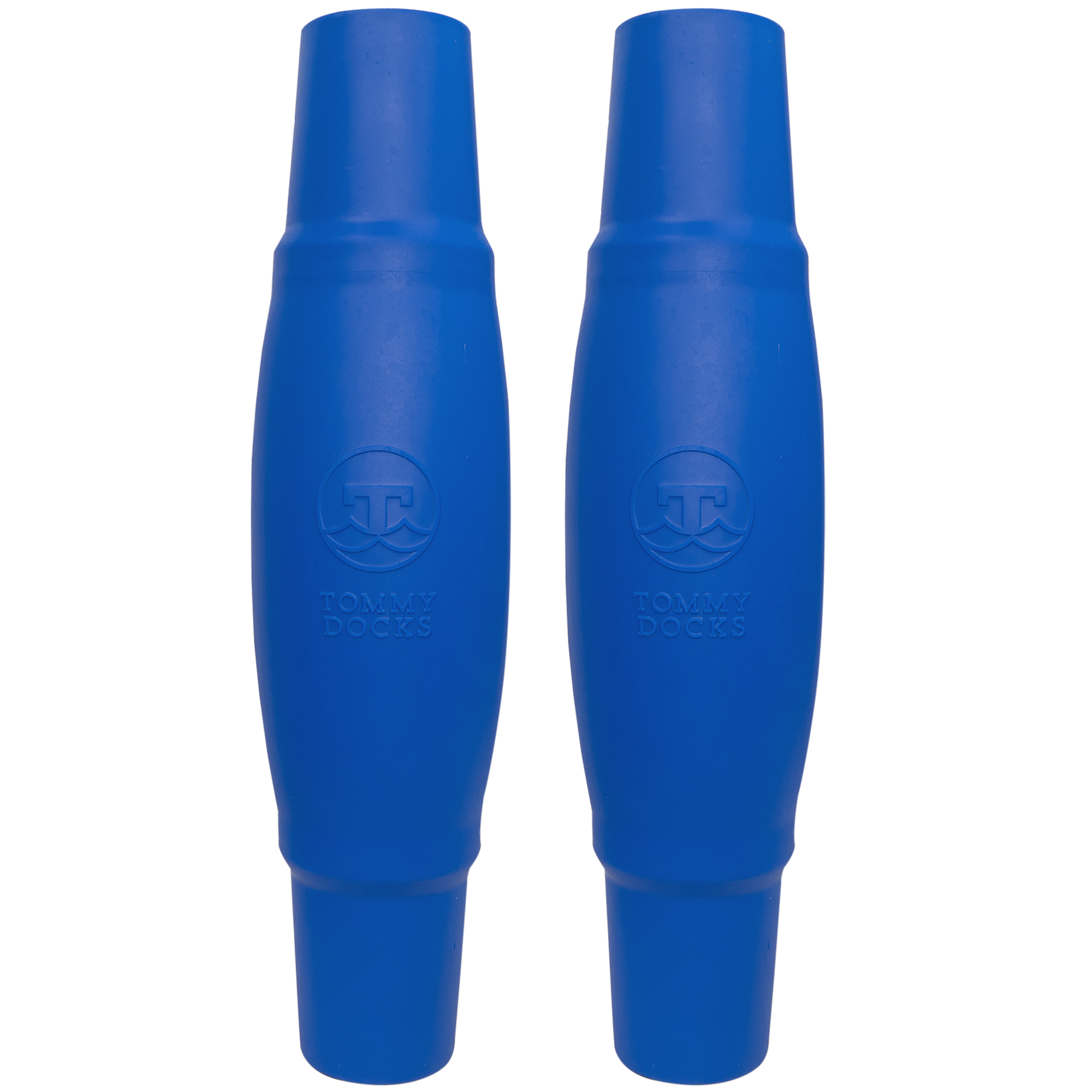Navigating the world of docks can be both exhilarating and challenging. With so many options available, homeowners and businesses often find themselves facing a key decision: which material to choose for their docking solution? The three primary contenders are wood, aluminum, and composite. Each has its merits and drawbacks, but which is right for you?
At Tommy Docks, we pride ourselves on helping customers make the most informed choices. Let's dive deep into the pros and cons of these three dock materials to give you a clearer perspective.
Wooden Docks
The classic, rustic appeal of nature
Pros:
- Natural Beauty: Nothing can truly rival the aesthetic appeal of a traditional wooden dock. Its classic look can seamlessly blend with natural surroundings, offering a warm, inviting ambiance.
- Customizability: Wood is a flexible material. From stains to paint, you can customize its appearance to suit your preferences.
- Repairability: Damaged planks can often be replaced individually, saving on complete renovation costs.
Cons:
- Maintenance: Wood docks require consistent maintenance. They need to be sealed and treated regularly to prevent rot, decay, and damage from UV rays.
- Durability Issues: Without proper care, wood can warp, splinter, or rot, which can affect the dock's longevity.
- Environmental Concerns: Certain types of wood, if not sourced responsibly, can contribute to deforestation issues.
Aluminum Docks
The modern, resilient powerhouse
Pros:
- Durability: Aluminum is rust-proof and resistant to many of the typical wear-and-tear issues that affect other materials. It's known to last for decades.
- Lightweight: Its light nature makes installation, removal, and adjustments much easier.
- Low Maintenance: Unlike wood, aluminum does not need constant treatments or paint. A simple wash now and then is enough to keep it looking new.
Cons:
- Aesthetic Limitations: For those seeking a natural look, aluminum may not be the first choice. Its modern appearance might not mesh well with every environment.
- Heat Retention: In sunny, hot environments, aluminum can become quite hot to the touch, potentially causing discomfort.
- Cost: Initial costs for aluminum docks can be higher than wood, though many argue the longevity and low maintenance offset this.
Composite Docks
The balanced blend of technology and nature
Pros:
- Maintenance Ease: Composite docks resist rot, decay, and insect damage. They don't require the routine maintenance that wood does.
- Aesthetic Flexibility: Available in various colors and textures, composite can mimic the look of wood or take on its own unique appearance.
- Eco-Friendly: Many composite docks are made of recycled materials, making them a greener choice for environmentally-conscious buyers.
Cons:
- Cost: Composite docks tend to be more expensive initially than wood docks.
- Weight: They can be heavier than both wood and aluminum, potentially complicating installation.
- Heat Absorption: Like aluminum, composite materials can get hot in direct sunlight.
Final Anchorage: Making Your Choice
As we wrap up our dive into the world of docks, remember that the best choice always aligns with your unique needs and preferences. Whether it's the rustic charm of wood, the durable efficiency of aluminum, or the balanced blend of composite, Tommy Docks is here to guide you every step of the way. Whichever material you choose, ensure it aligns with your aesthetic desires, functionality needs, and budget constraints. Safe and happy docking!






